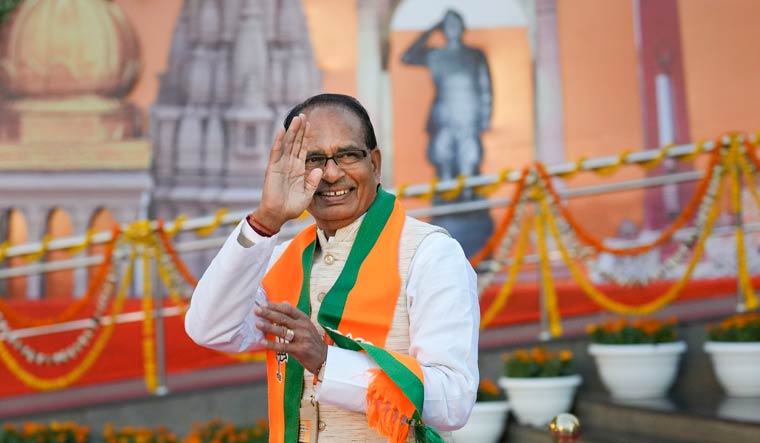The Madhya Pradesh Assembly on Monday passed a censure motion brought through a private resolution against the British Broadcasting Corporation (BBC) documentary on Gujarat riots and Prime Minister Narendra Modi.
The motion was moved through a private resolution by BJP MLA Shailendra Jain and was passed with majority vote by the state Assembly. Later, speaking outside the Assembly, chief minister Shivraj Singh Chouhan said that strong condemnation and action was necessary on BBC for its attempt to defame India.
Chouhan said that the documentary used the guise of journalism to undermine the Indian constitution.
The two-part documentary ‘India: The Modi Question’ by BBC discussed the 2002 Gujarat riots that happened when Modi was the chief minister of the state and the actions of the Modi administration after it was re-elected in 2019, especially in the context of the Muslim minority. The documentary raised a storm and elicited huge condemnation from the ruling BJP in the country.
The censure motion by the BJP-ruled Madhya Pradesh government looks like a part of the BJP’s campaign against BBC. The state goes to polls at the end of this year and the political watchers feel that the motion passed in the Assembly is a way to show that the local BJP leadership led by chief minister Shivraj Singh Chouhan stands strong with PM Modi on every issue.
In his statement to the media, Chouhan said “the foundation of India rests on the principles and values enshrined in our constitution which include inclusiveness, democracy, freedom and many other values. India has further enriched these values after freedom from British rule. Today India is leading the world on many issues.”
He further said that “some groups seem to be distressed by India's growing global relevance, and what BBC has done to damage India's reputation has already been adjudicated by India's investigative agencies and judicial jurisdiction. This is an irresponsible and grave attack on India's sovereignty. BBC has grossly ignored the socio-political sensitivity of the matter. By appointing itself as a judge, the BBC raised questions on the legitimacy of a free press, the judicial system and a democratically elected government.”




